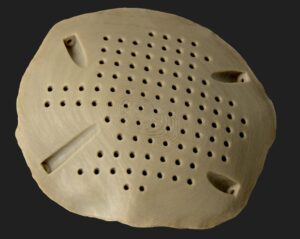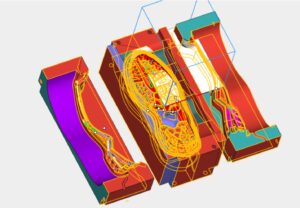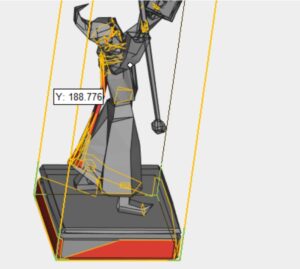What is Raspberry Pi: Exploring a Small yet Powerful Tool for Makers
Raspberry Pi is a small, powerful single-board computer that has aroused the enthusiasm of makers and technology enthusiasts around the world. It was first released by the British Raspberry Pi Foundation in 2012 to promote the basic Raspberry Pi. The success lies in its simple mathematics, flexible and scalable design, allowing anyone to use it to carry out various computer ideas and experiments. project.
The hardware design of the Raspberry Pi is very compact, usually in the form of a single board similar to the size of a credit card. Despite its small size, the Raspberry Pi has powerful processing capabilities and rich interfaces, including USB ports, HDMI output, Ethernet interfaces, GPIO pins, etc., allowing it to connect and interact with a variety of devices and sensors.
As an open source hardware, the operating system of Raspberry Pi is usually based on Linux system. Users can choose to install different operating system versions, such as Raspberry Pi OS, Ubuntu, etc., to meet various needs. Raspberry Pi also supports multiple programming languages, such as Python, C/C++, etc., allowing developers to program and develop according to their own preferences and needs.
The application fields of Raspberry Pi are very wide. It can be used as a home media center to play high-definition video and audio by connecting to TVs and sound systems. It can be used as a smart home control center to realize automatic control of home equipment by connecting various sensors and actuators. Raspberry Pi can also be used in fields such as education, scientific research, Internet of Things projects, machine learning and artificial intelligence experiments.
In addition to its wide range of applications, the low cost of the Raspberry Pi is also one of the reasons for its popularity. Different models of the Raspberry Pi range in price from tens to hundreds of dollars, making it an affordable choice for students, makers, and beginners.
1. Raspberry Pi Models: There are multiple models of Raspberry Pi, each with different features and specifications. The original Raspberry Pi model was the Raspberry Pi 1 Model B, and the latest model is the Raspberry Pi 4 Model B. Different models may vary in terms of processing power, memory capacity, network connections, and GPIO pins, so you can choose the right model based on your needs.
2. Community support: Raspberry Pi has a large global community of developers, enthusiasts, and professionals. You can get help, share projects, and exchange experiences on the official Raspberry Pi forum, social media platforms, and various online resources. This active community is a valuable resource for learning and problem-solving.
3. Raspberry Pi education: Raspberry Pi is widely used in the education field. It provides students with a platform to practice and explore computer science. Students can learn programming, electronics, and the Internet of Things through Raspberry Pi, and develop creativity and problem-solving skills.
4. IoT Applications: Raspberry Pi is ideal for building IoT projects. Through the Raspberry Pi’s network connection and GPIO pins, you can connect sensors, actuators, and other devices to implement various IoT applications such as smart home, environmental monitoring, and remote control.
5. Raspberry Pi and Machine Learning: Raspberry Pi can be used for machine learning and artificial intelligence projects. It has enough processing power and memory resources to run some simple machine learning algorithms such as image recognition and speech recognition. You can leverage the computing power of Raspberry Pi for real-time intelligent decision-making and edge computing.
6. Commercial applications of Raspberry Pi: In addition to education and personal projects, Raspberry Pi is also widely used in various commercial fields. It can be used in embedded system development, automation control, digital signage, intelligent monitoring and other scenarios. The Raspberry Pi’s low cost and flexibility make it the solution of choice for many enterprises and startups.
These are just some of the applications and features of the Raspberry Pi. The flexibility and scalability of the Raspberry Pi make it an ideal tool for a variety of ideas and projects. Hopefully this information will help you better understand the potential and application areas of the Raspberry Pi!
All in all, the Raspberry Pi is a compelling maker tool, and its small form factor and powerful features make it ideal for a variety of ideas and projects. Whether learning computer science or exploring the Internet of Things and artificial intelligence, Raspberry Pi opens up a vast world of technology to us.















